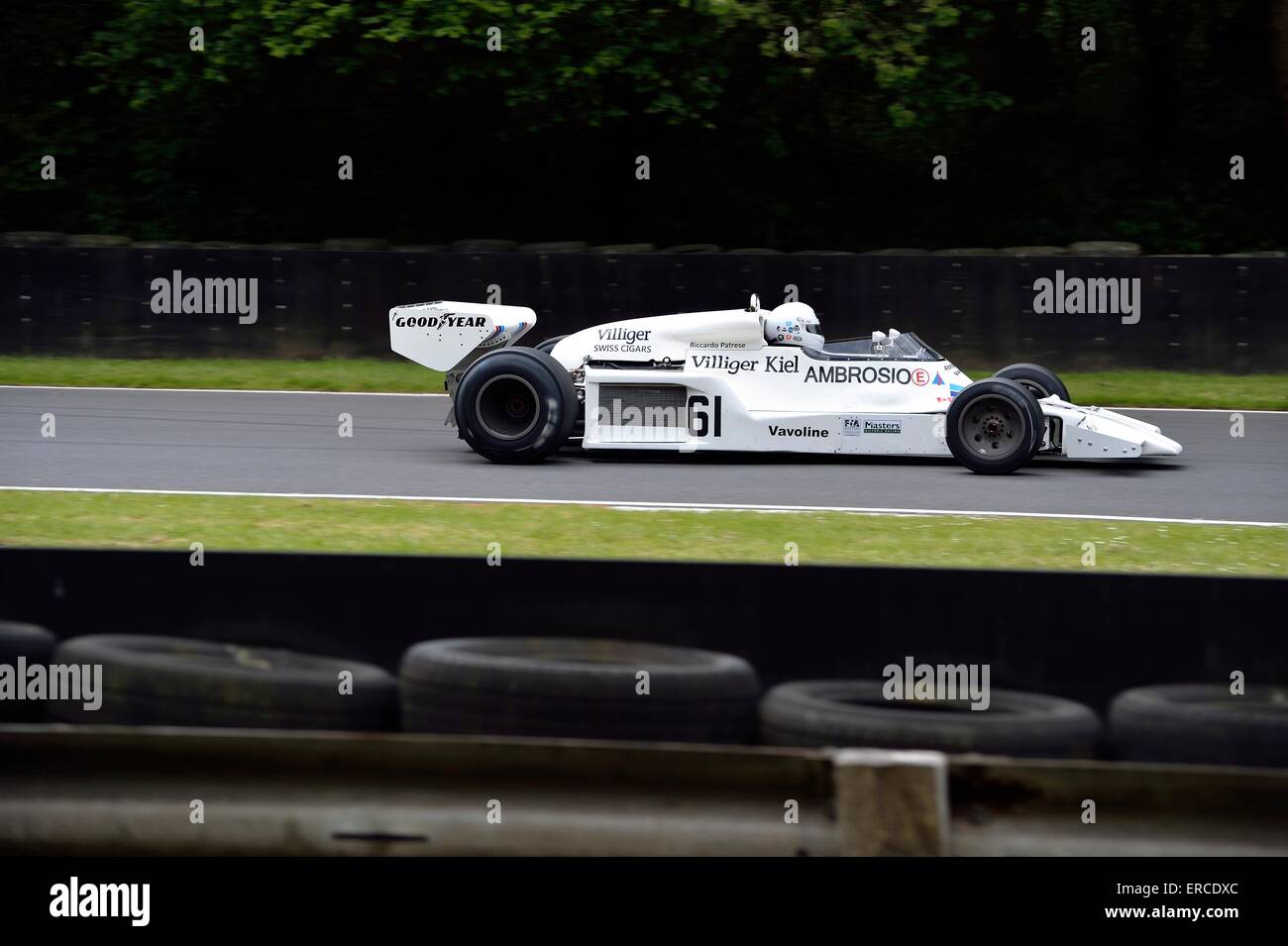

This movement is based on the ETA 2892-A2 and features an additional chronograph module from Dubois Dépraz. The automatic caliber 1143 powers this timepiece. The small seconds hand at 3 o'clock is white. Splashes of orange also appear on the chronograph seconds hand and the hands for the subdials at 6 and 9 o'clock. This timepiece has a red dial with a white minute track around its outer edge.

RACING MASTER DRIVER
3510.61 in honor of German Formula 1 driver Michael Schumacher. Omega produced Speedmaster Racing Reduced models between 19. Rare "neo-vintage" models are especially popular among collectors, with timepieces like the Speedmaster Racing Professional Tintin demanding five-figure prices.
RACING MASTER MANUAL
Their movements range from the classic manual caliber 1861 and the 3220 with a chronograph module all the way to the modern Co-Axial Master Chronometer caliber 9900. You'll find a wide variety of Racing watches with different calibers on the pre-owned market. The collection's top model is made of 18-karat Sedna gold and features a blue dial. Most Racing chronographs come in stainless steel and have a black, green, or white dial. METAS only grants this distinction to timepieces that are resistant to magnetic fields up to 15,000 gauss. As of early 2021, Omega only offers Racing watches with a 44.25-mm case and a Co-Axial caliber with Master Chronometer certification from the Swiss Federal Institute of Metrology (METAS). The 42-mm models feature the classic Professional Moonwatch case. Omega also produced slightly larger 40-mm editions until 2017. The smallest versions belong to the now-retired Reduced series and measure 39 mm in diameter. Today, the Omega Speedmaster Racing is available in several sizes and with various dial colors. Racing models stand out with their improved readability thanks to the "racing" minute track, which Omega modeled after the checkered flag used at motor races. From then on, it would be known as the "Moonwatch." Since it debuted at nearly the same time, the Speedmaster MK II and its racing dial have always remained in the shadow of watchmaking's crowning achievement. It spent twelve years as a reliable timepiece for motorsport enthusiasts until 1969, when Bull Aldrin wore a Speedmaster on the Moon. Omega originally introduced the Speedmaster as a racing chronograph in 1957.


 0 kommentar(er)
0 kommentar(er)
